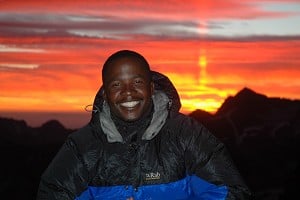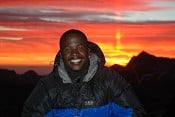Hey there!
My name’s Hannah and I’m a fourth year student at the University of Glasgow, studying Psychology/Philosophy. I’m currently working on a proposal for my Psychology dissertation and intend to focus my study upon measuring the empathy of people who participate in high-risk mountaineering/alpinism in comparison with those who partake in low-risk sports. I should clarify that by “high-risk” I’m referring to high-altitude mountains with an increased risk of altitude-sickness, avalanche, exposure, crevasses, etc. or mountains which are notably difficult to climb and require more technical skill.
My main barrier so far has been finding mountaineering participants to take part in what will likely be a short online interview or questionnaire once my proposal has been accepted by my supervisor. I was hoping you might be able to point me in the right direction regarding finding participants, or know someone yourself who would fit the criteria. Any help at all would be greatly appreciated!
Many thanks,
Hannah Kirkpatrick









